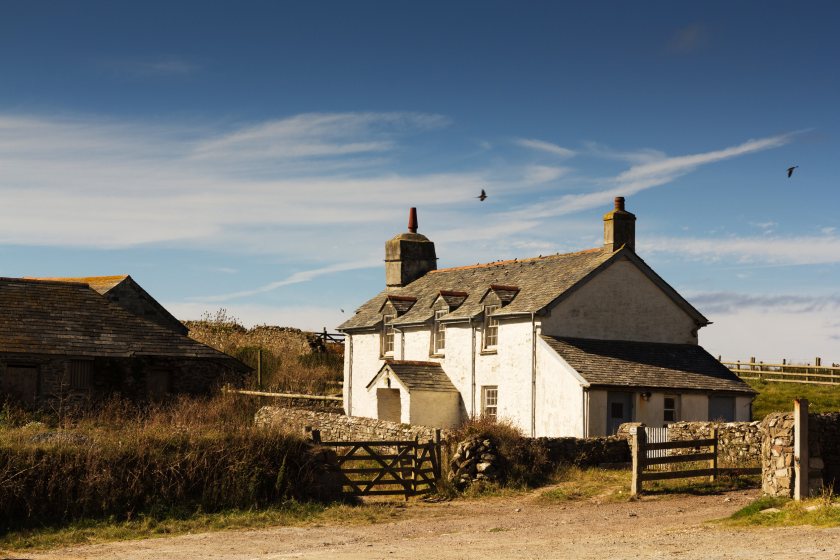
Cornwall Council is set to conduct a three-month review of its 10,800-acre farm estate, as councillors consider how the land could be used to reduce the authority’s £1.2 billion debt, according to the BBC.
Tim Dwelly, cabinet member for economic regeneration and investment, told councillors that selling parts of the an 81-holding farm estate could be “the number one thing” to help bring down the debt, though he emphasised that large-scale sales were unlikely.
“My own hunch is there might be some new uses for some of the land, but I don’t expect there to be a radical getting rid of council farms,” he said, as per the BBC.
Mr Dwelly added: “I don’t want people to pretend that wholesale sales are on the table, as this clearly isn’t going to be the administration’s priority.”
Jonny Alford, the council’s acting head of property, said financial pressures had emerged since the introduction of a 20-year farms estate strategy in 2019.
The council’s current capital programme for the farm estate stands at £16 million, including £10 million invested in farmhouses and related infrastructure.
Mr Alford explained that the estate must operate profitably, with revenue returns currently narrow, rents lagging behind rising costs, and dairy farming, the backbone of the estate, proving costly on a smaller scale.
A report presented to the council suggested potential alternative uses for the land, including schools, housing, and solar energy projects.
Independent councillor Andrew Mitchell (St Ives West & Towednack) raised questions about whether the estate effectively supports new entrants into farming.
“After five or maybe 10 years, they should be moving on to allow the next opportunity to happen for somebody," he said.
Since 2019, 12 farms have been re-let, eight new tenants brought in, and two tenants moved to larger properties, Mr Alford confirmed.
Food security was a key concern for some councillors. Reform UK representative Roger Tarrant (Redruth North) stressed the importance of retaining land for food production.
“Once those skills are lost, they’re sometimes lost forever. It’s important that we retain the county farms and don’t replace them with housing that will require more food," he said, as noted by the BBC.
